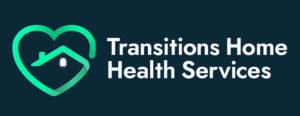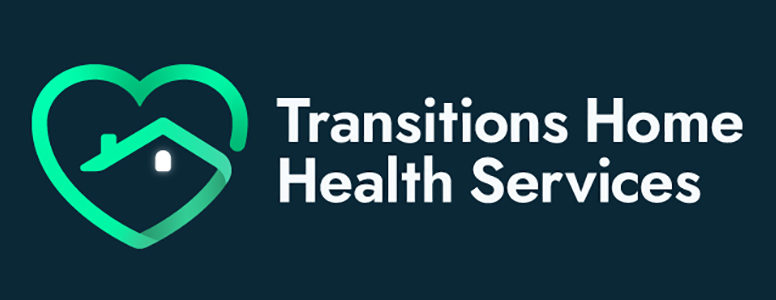Statistics show people actually recover better at home, and with Covid infection fears, people are seeking in-home alternatives to their recovery more than ever.
In many cases, we are able to help clients avoid skilled nursing, by bridging the gap from hospital to home.
We support people in many environments, including in private homes, assisted living, skilled nursing, adult family homes, and memory care communities.
The services offered by Transitions Home Health Services may be used independently, or as part of a comprehensive care package with Transitions Care Management. Give us a call at (206) 636-3121 to see how we may help you!
We offer the following services:
Nursing
- Wound care
- Anti-coagulation (INR) monitoring and management
- Urinalysis for UTIs
- Catheter care
- Ostomy care
- Blood draws (coming soon)
- IV therapy (coming soon)
- Follow-up care after stroke, injury, illness, accidents, or surgery
- Nursing assessments
- Work with your medical team in acute and chronic disease management
- Diabetes management
- Short or long-term care
- And more!
Return to top
Medical Social Work
- Support and education for patients and their families to disease processes and treatment options and plans
- Provide psychosocial support and identify emotional or mental distress
- Support in navigating a complex medical system
- Facilitate communication between medical professionals
- Specialization in dementia care
- Geriatric Mental Health Specialist on staff
- Provide supportive counseling to families and connect individuals and families with resources in their community
- Provide screening and support for depression and anxiety for older adults and their caregivers
Return to top
Patient-Centered Care
- Client/patient-centered care with a holistic approach and a multi-disciplinary team to meet our client and patient needs
- An integrated approach that encompasses a continuum of care through all stages of care
- Coordination of services, treatments, and patient education
- A focus on quality of life, with patient and family goals driving the plan of care
- Bridge the gap between hospital and home, in some cases, avoiding skilled nursing (nursing home) stays
- Client/patient advocacy
- Crisis prevention – to reduce the chances of crisis intervention
- Peace of mind for friends and family members who live out of state and have aging or ill loved ones in our service area
Return to top

